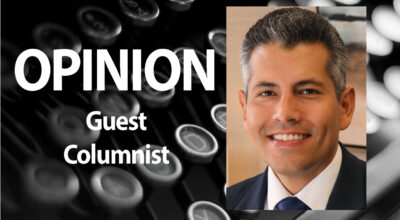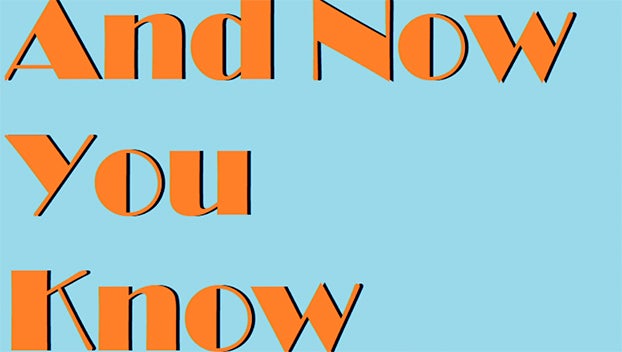Prescription Medication: The Other Epidemic
Published 9:34 am Saturday, January 2, 2016
By Kim Bartel
The rise in heroin abuse and deaths from overdose is reaching epidemic proportions as heroin is being produced and distributed in increasingly larger amounts. The National Drug Seizure System (NSS) has reported an 81 percent increase in heroin seizures and according to the National Center for Health Statistics, drug poisoning deaths involving heroin increased 172 percent. As alarming as that is, there is another drug epidemic on the rise: the non-medical use of prescription medication.
The Center for Disease Control (CDC) has officially declared that prescription drug abuse in the United States is an epidemic. In 2014 there was a reported 25,000 overdose deaths involving prescription medication in the United States, which is a 178 percent increase since 2001. Of the 25,000 overdoses from 2014, 18,000 were opioid related.
Opiates such as heroin, morphine, and codeine are drugs that are derived from the opium poppy plant. Opioids are synthetic derivatives of opiates, for example, oxycodone (OxyContin® and Percocet®), hydrocodone (Vicodin®), and fentanyl (Actiq®). Prescription opioids are powerful sedatives that help people cope with pain. However, tolerance to opioids develops quickly and the user will feel less and less relief with each dose, leaving the patient wanting more in an ever increasing amount.
The phrase “Too much of a good thing can hurt you” rings true with prescription medication. The purpose of prescription medication is to help people cope with or overcome serious physical and mental health disorders. But when people abuse prescription medication or take them for recreational purposes, they run the risk of making the situation far worse than intended.
Not only are opioids commonly abused, but stimulants and depressants are missed used as well. Stimulants are often prescribed to treat physical and psychological disorders such as attention deficit disorders (ADD & ADHA). Some of the most common stimulants are Adderall®, Concerta® and Ritalin®. Illicit stimulant drugs include methamphetamine, cocaine, and methcathinone.
Opposite of stimulants are depressants. Depressants chemically slow down brain and body functions. They are ordinarily used to treat anxiety and sleep disorders. The two most commonly types of depressants used are barbiturates (Fiorina® and Seconal®) and benzodiazepines (Valium® and Xanax®). Ambien® and Sonata® are sedatives that share many of the properties of benzodiazepines. The most common illegal depressant is GHB, most often used to build muscle and cause weight loss.
Regardless of the type of medication, abuse often occurs because they are highly accessible, pushed as legal and perceived as safe. There’s a reason that depressants, stimulants, and opioids have warning labels that state “Use only as directed.” These medications can be helpful ONLY if they are used as directed. To deviate from the direction on the label is to misuse the medication and misuse is abuse.
What researchers are finding most alarming is that the largest segment of the population struggling with narcotic addiction are not the teenagers nor the young professionals…it’s adults over 50. In a study conducted by New York University’s School of Medicine (NYUSoM) and New York University’s Center for Drug Use and HIV Research (CDUHR) they found that since 1996, the number of older individuals (age 50 to 69) seeking treatment programs for painkiller dependence and addiction has increased 2,891 (7.8 percent) to 12,301 (35.9 percent) in 2012. The researchers believe that the upward trend in this population will continue well into 2020 and beyond.
Abusing prescription medication or illegal opioids will result in long lasting and life altering consequences. While it may seem intolerable to overcome an addiction to prescription medication, the cycle of addiction can be broken. With support, counseling, and treatment it is possible to regain control of your life once again. For more information on overcoming an addiction to prescription medication call toll free 1-844-772-3483.
Kim Bartel is Community Liaison for Region 5 Prevention Resource Center of the Alcohol & Drug Abuse Council of Deep East Texas





